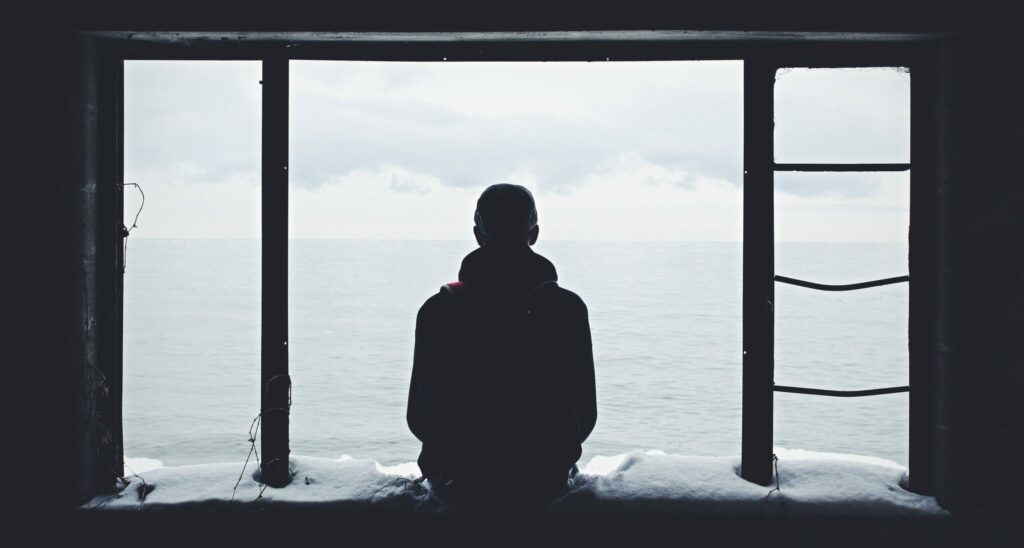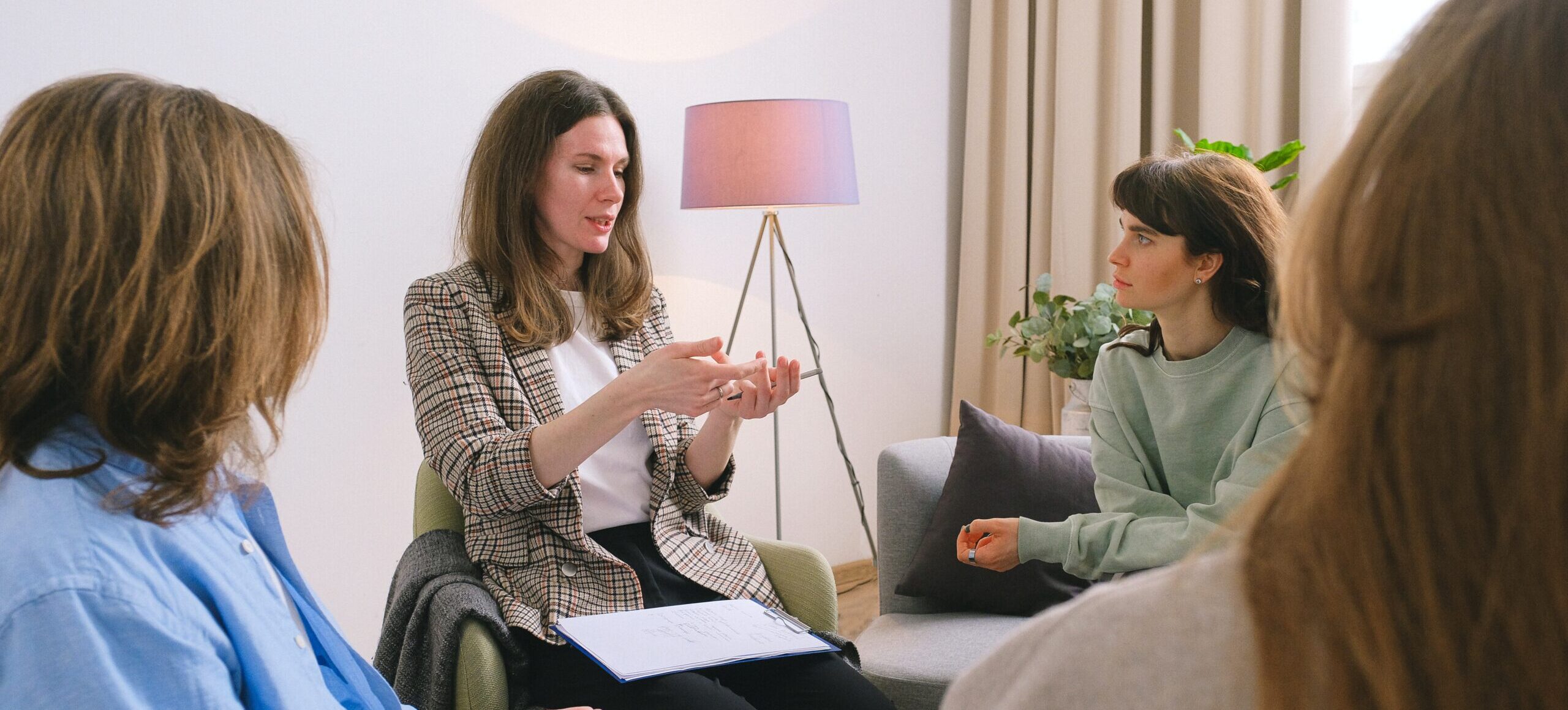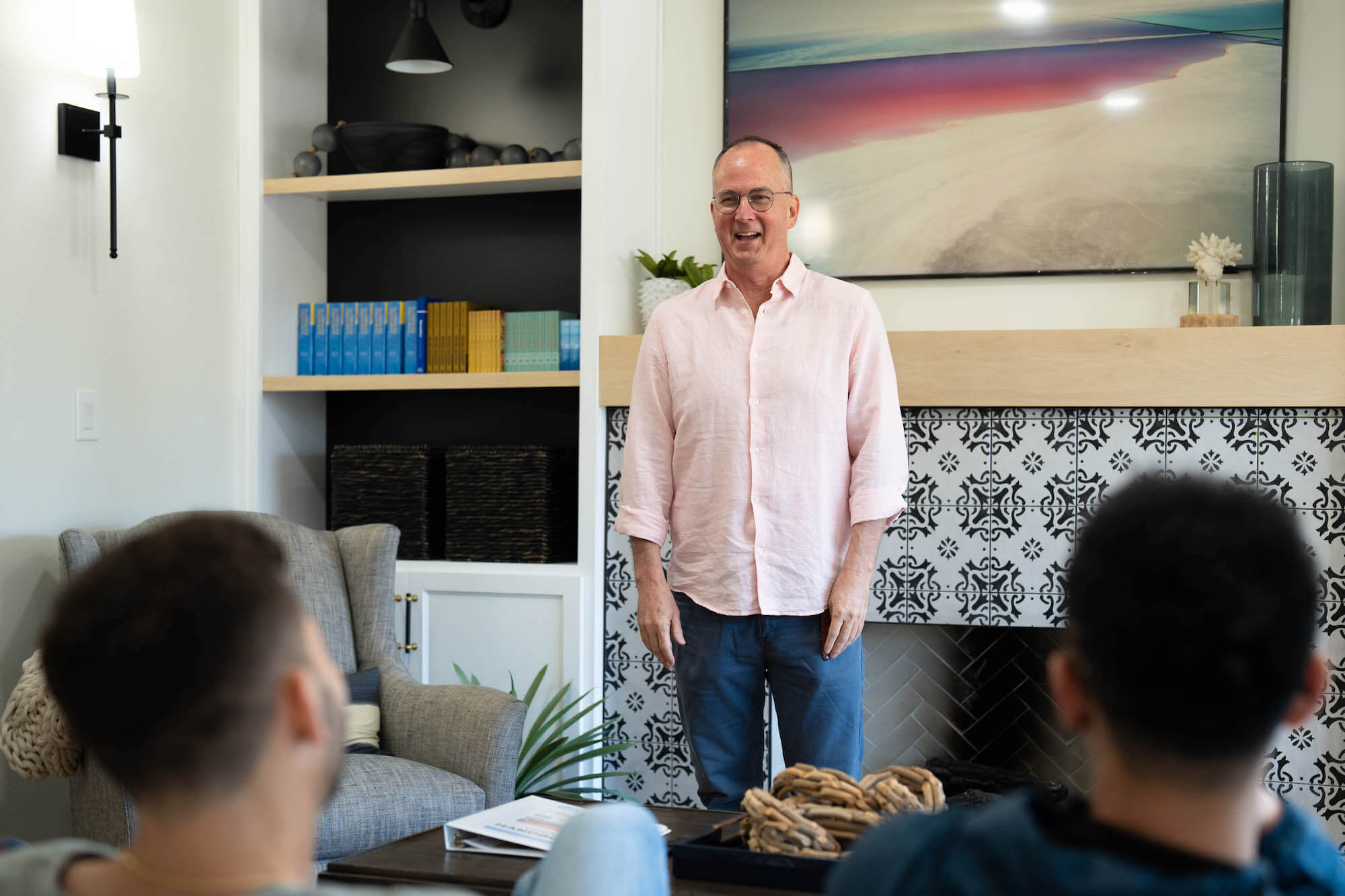Understanding GHB
GHB is a CNS (central nervous system) depressant that induces drowsiness and slows heart rate. The substance is indicated to treat sleep disorders but may be dangerous when misused in the form of a GHB street drug. The drug is known to cause GHB addiction, however, this substance abuse disorder can be treated in a drug addiction rehab program.
This guide examines the following issues:
- What type of drug is GHB?
- Is GHB a depressant?
- What is in GHB?
- What is GHB used for?
- What does GHB do?
GHB Drugs
GHB drug (gamma-hydroxybutyric acid) is classified by the DEA (U.S. Drug Enforcement Administration) as a Schedule I controlled substance. Drugs in this class have no accepted medical utility and a strong potential for abuse and addiction.
Illicit GHB is a CNS depressant that is often known as a date rape drug or club drug. GHB abuse is especially prevalent among teens and young adults. The substance may be placed in alcoholic drinks.
Xyrem (sodium oxybate) is a branded prescription drug that contains GHB. Xyrem gained FDA approval in 2002 to treat narcolepsy, a sleep disorder associated with excessive sleepiness. Due to this approved medical application, GHB in the form of Xylem is a Schedule III controlled substance, requiring enrollment in a restricted access program.
Positive Effects of GHB
The positive effects of GHB use include euphoria, tranquility, and increased libido. The adverse outcomes associated with this drug include:
- Excessive sweating
- Nausea
- Amnesia
- Loss of consciousness
- Hallucinations
- Coma
GHB also occurs naturally as a metabolite of GABA (gamma-aminobutyric acid), a chemical messenger in the brain.
The GHB drug is frequently manufactured in homes using a combination of GBL (gamma-butyrolactone) and potassium hydroxide or sodium hydroxide, substances typically used as drain cleaners and solvents.
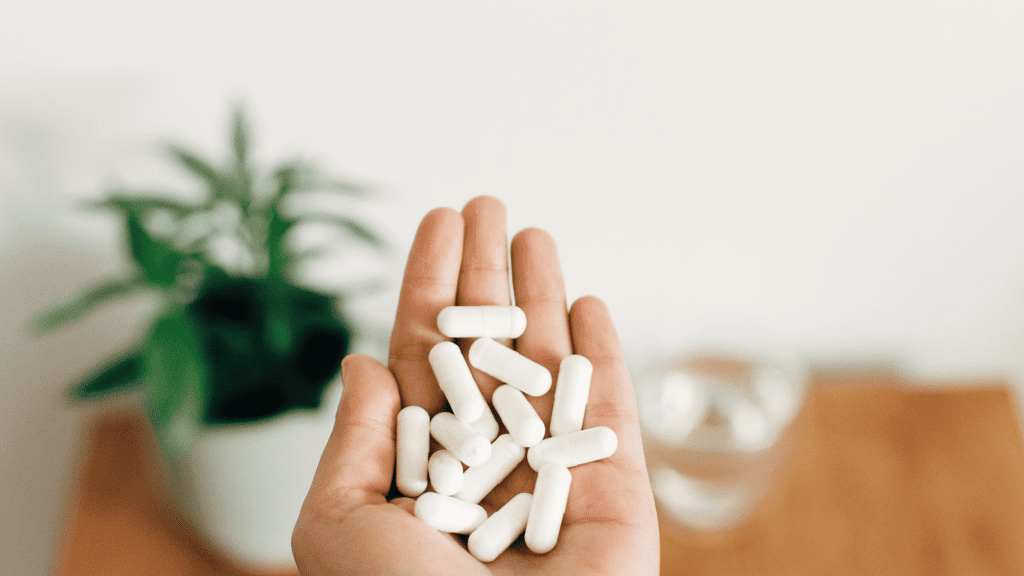
How is GHB Used?
GHB, commonly consumed in liquid or powder form, typically enters the body via oral ingestion. Although GHB possesses a salty taste, individuals frequently mix it into liquids, rendering its presence virtually undetectable. Uses of GHB include athletes like bodybuilders who may turn to GHB to enhance muscle growth. Regrettably, GHB has also become a popular recreational drug, especially among those who frequent the club scene.
At lower doses, GHB’s effects on the mind and body can bring about a sense of calmness and relaxation, and even alleviate anxiety.
Medical
Although GHB has gained notoriety as a recreational drug, there are some legitimate GHB medical uses. As a central nervous system depressant, it has been used as a general anesthetic and to treat specific sleep disorders like narcolepsy.
Beyond this, researchers have examined the potential use of GHB in treating a range of conditions, including alcohol dependence, anxiety, depression, and PTSD (post-traumatic stress disorder). However, its use for these purposes is not yet sanctioned by regulatory bodies like the FDA, and further study is needed to assess its safety and effectiveness.
Any use of GHB carries a high risk of abuse and can lead to various negative outcomes that include nausea, vomiting, dizziness, confusion, seizures, respiratory depression, and even coma or death. As a result, GHB use must only occur under strict medical supervision, with adherence to appropriate guidelines and regulations.
Recreational
GHB and its analogs have gained popularity among some individuals for their perceived capacity to induce euphoria and tranquility, as well as aid in weight loss and muscle building. Nevertheless, this drug’s improper use can be perilous, even deadly.
In addition to the drug’s presumed benefits, GHB and its analogs are also sought after for their ability to enhance libido, suggestibility, and passivity. These traits, combined with the drug’s potential to cause amnesia, can make individuals vulnerable to sexual assault and other criminal acts.
The misuse of GHB became notorious in the 1990s, especially among adolescents and young adults who frequented dance clubs and raves. The drug is frequently consumed alongside other substances like alcohol, depressants, stimulants, hallucinogens, or marijuana, further compounding its dangerous effects.
The potency of homemade GHB mixtures can vary greatly, making it challenging for users to determine the exact dose they are ingesting. The standard dose falls somewhere between 1 and 5 grams, although the drug’s purity can affect its potency. GHB and its analogs are illegal in most countries and are not safe for recreational use.

Teen GHB Use
Teenagers using GHB is a serious concern as the drug can have detrimental effects on their developing brains and bodies. Teens may misuse GHB for its perceived benefits like weight loss, muscle building, and increased libido. Nevertheless, GHB can be highly addictive, and its use can result in the development of tolerance, dependence, and withdrawal symptoms upon discontinuation.
Beyond this, the drug’s potential to cause amnesia and reduce inhibitions can make teenagers more susceptible to sexual assault and other criminal activities. This is especially alarming, given that GHB misuse has been associated with date rape and other forms of sexual violence.
The risks of GHB use are further magnified by the fact that homemade mixtures can vary dramatically in potency, making it challenging for people to determine the exact dose they are taking. GHB is also frequently used in combination with other substances like alcohol which increases the risks of harm.
It is vital for parents, educators, and healthcare professionals to educate teens about the dangers of GHB and other drugs of abuse, and to promote healthy behaviors and coping mechanisms for stress and other challenges. If you or someone you know is struggling with drug abuse or addiction, seek help from a qualified healthcare provider or addiction specialist.
Effects of GHB
Chronic use of GHB can provoke a range of physical and mental health problems, including liver and kidney damage, memory and cognitive impairments, and depression. GHB can also have negative effects on sleep patterns and can disrupt the natural production of growth hormones, leading to stunted growth in young people.
Beyond this, GHB withdrawal can be severe and even life-threatening, especially for those who have been using the drug for a prolonged period of time or in high doses. Withdrawal symptoms can include anxiety, restlessness, tremors, insomnia, sweating, hallucinations, and–in severe cases–seizures and delirium.
It’s essential for those who are struggling with GHB addiction or dependence to seek professional help from a healthcare provider or addiction specialist. Treatment may involve a combination of behavioral therapies, medications, and support groups to address the physical and psychological aspects of addiction and help individuals achieve long-term recovery.
What is GHB Known As?
The use of GHB as a date rape drug is illegal and highly unethical. The misuse of GHB can have serious consequences for both the victim and the perpetrator. It is crucial for individuals to understand the risks associated with GHB use and to seek help from a qualified healthcare provider or addiction specialist if they are struggling with drug abuse or addiction. Furthermore, it is important to educate individuals about the dangers of sexual assault and to promote healthy and respectful relationships.
GHB is known informally by various street names.
Common GHB Street Names
Common street names for GHB include:
- Grievous Bodily Harm
- Liquid X
- Georgia Home Boy
- G
- Easy Lay
- Goop
- Scoop
- Liquid Ecstasy
Effects of GHB
In addition to its sedative effects, GHB can also produce euphoria, increased sociability, and reduced inhibitions. These effects have led to GHB being used recreationally, particularly among young adults in party or club settings. However, GHB misuse can lead to dependence, addiction, and withdrawal symptoms.
GHB has gained notoriety as a date rape drug, as it can be easily added to a drink without the victim’s knowledge, leading to incapacitation and memory loss. It is important for people to be aware of the risks associated with GHB use and to seek help if they or someone they know is struggling with addiction or drug misuse.
Uses
GHB drug has no approved medical use in the United States. It is classified as a Schedule I controlled substance due to its high potential for abuse and dependence, and the lack of accepted safety for use under medical supervision. Its misuse as a recreational drug can lead to a range of physical and psychological effects, as well as dependence, addiction, and overdose. GHB is also commonly associated with drug-facilitated sexual assault, where perpetrators use the drug to incapacitate their victims and commit sexual assault.
Effects
GHB can have varying effects depending on the dose and individual’s sensitivity. Low doses can lead to mild euphoria, decreased anxiety, and drowsiness, while higher doses can cause confusion, memory impairment, and hallucinations. In some cases, GHB can also cause paradoxical effects such as excited and aggressive behavior, which can be dangerous. The drug’s ability to cause amnesia can make it especially concerning when used without the person’s knowledge or consent.
Signs of GHB Addiction
Seeking professional help is crucial for managing GHB addiction and withdrawal symptoms, as sudden cessation of use can be dangerous and potentially life-threatening. Medical detoxification and medication-assisted therapy may be necessary to manage withdrawal symptoms and reduce the risk of relapse. Behavioral therapies, such as CBT (cognitive-behavioral therapy) and motivational interviewing may also be effective in treating GHB addiction by addressing underlying psychological factors and promoting healthy coping strategies.
GHB Withdrawal Symptoms
Regular and repeated use of GHB may lead to addiction, and those who become dependent on the drug can experience severe withdrawal symptoms, such as anxiety, insomnia, tremors, increased blood pressure and heart rate, and psychotic thoughts.
There is presently no specific antidote available for GHB intoxication, and the consequences of overdose can be severe. Furthermore, GHB analogs – substances which are structurally similar to GHB – can also produce dangerous side effects, including irritation to the skin, nausea, vomiting, loss of consciousness, liver damage, kidney failure, seizures, respiratory depression, and even death.
Considering the risks associated with GHB and its analogs, you should avoid using these substances recreationally. If you or someone you know is struggling with drug abuse or addiction, seek help from a qualified healthcare provider or addiction specialist as soon as possible. With the appropriate support and treatment, it is possible to overcome addiction and achieve long-term recovery.
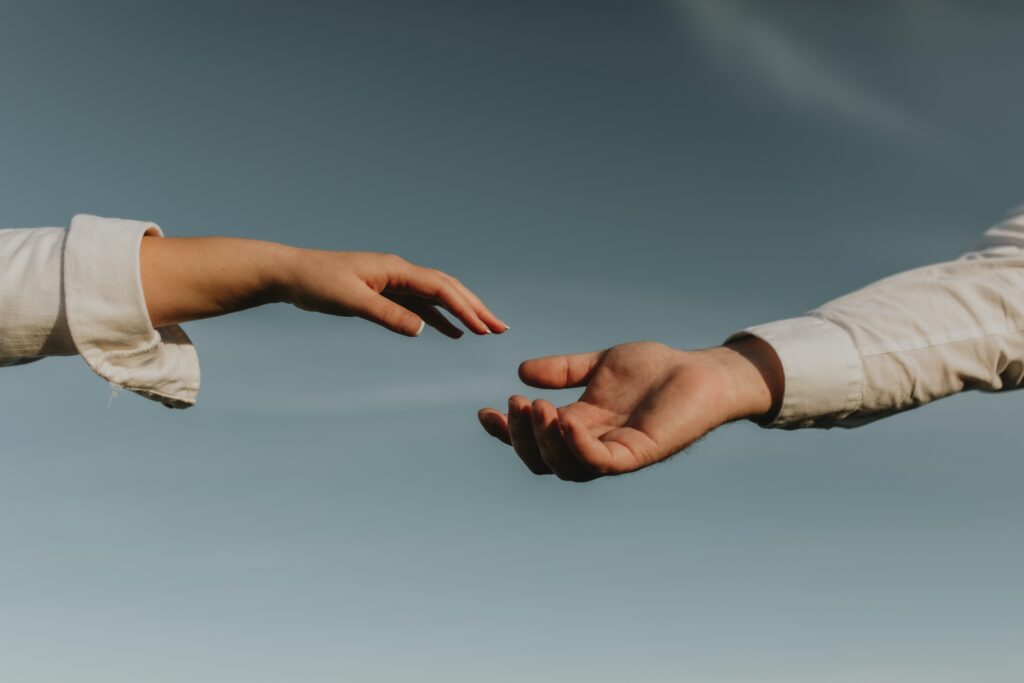
Get Treatment for GHB Addiction at Gratitude Lodge
If you’re seeking treatment for GHB addiction in Southern California, you can begin your journey to recovery by choosing Gratitude Lodge, located in either Newport Beach or Long Beach, CA.
Our Newport Beach and Long Beach rehab facilities provide evidence-based programs for addiction, mental health conditions, and co-occurring disorders (dual diagnosis of addiction and mental health disorder).
To ensure a safe and comfortable transition into recovery, we offer a supervised medical detox program that includes access to medications, clinical care, and emotional support. Once detox is complete, you can proceed directly to one of our treatment programs:
- 30-day inpatient program
- Intensive outpatient program (IOP)
- Dual diagnosis treatment program
At Gratitude Lodge, we utilize a range of effective interventions in all of our treatment programs, including:
- Medication-assisted treatment
- Psychotherapy
- Family therapy
- Individual counseling
- Holistic therapies like yoga and meditation
- Aftercare support
Don’t wait to start your journey to drug addiction detox and recovery. Call our admissions team today at 800-994-2184 for immediate assistance.
GHB FAQS
GHB, also known as gamma-hydroxybutyrate, is a central nervous system depressant that is sometimes used as a recreational drug. In medical settings, it is prescribed for narcolepsy (a sleep disorder) and sometimes used as an anesthetic during surgeries, but its recreational use is illegal and can be dangerous.
GHB, also known as gamma-hydroxybutyrate, is classified as a central nervous system depressant. It is a type of psychoactive substance that can slow down brain activity and cause sedative effects when ingested.
The most common names for GHB include Georgia home boy, G, goop, grievous bodily harm, and liquid ecstasy.


